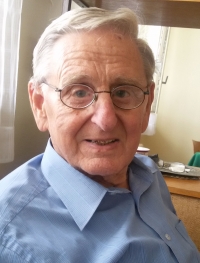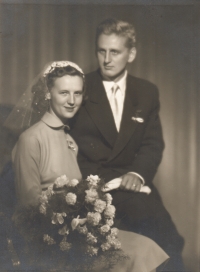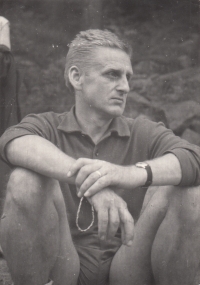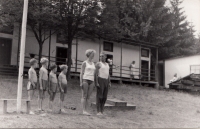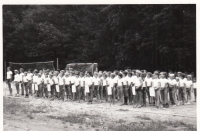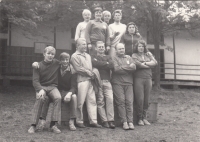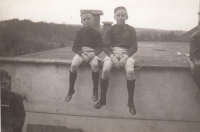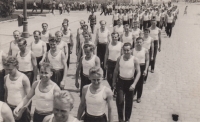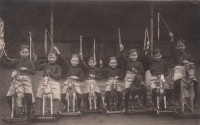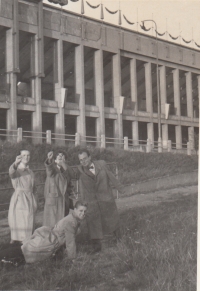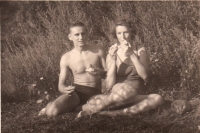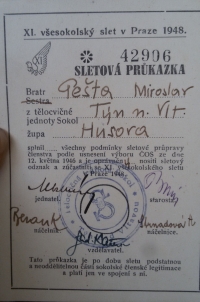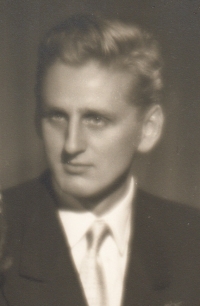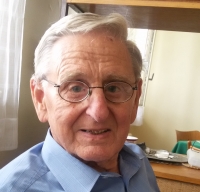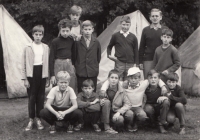Three times I witnessed Sokol being banned: once by the Nazis and twice by the Communists
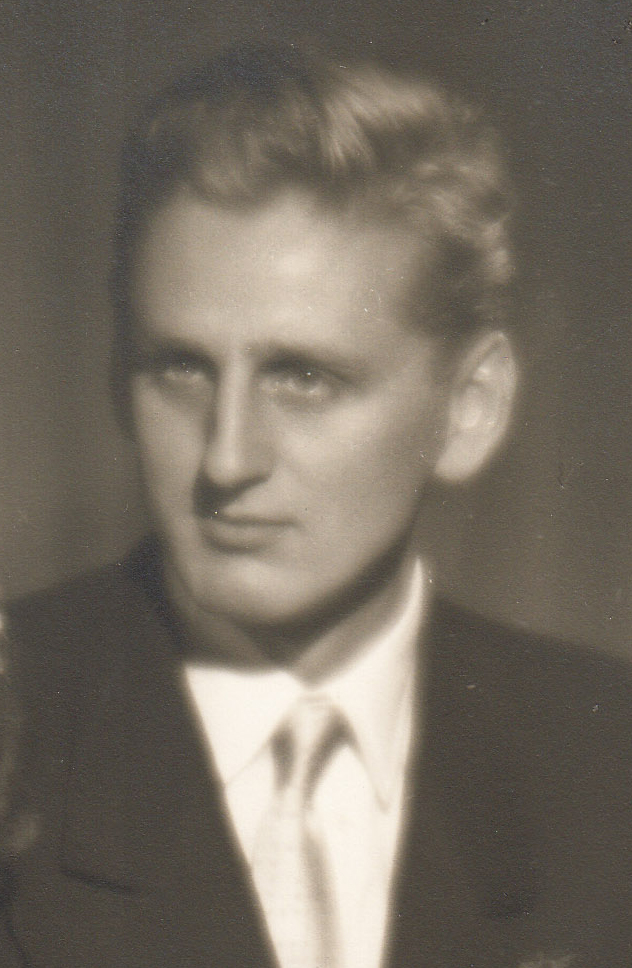
Stáhnout obrázek
Miroslav Pešta was born on July 3rd of 1929 in Týn nad Vltavou to Marie and Leopold Pešta, who had also been born in the town. Miroslav had a two-year-older brother Jiří. His father worked as the director of the Týn nad Vltavou´s municipal power station; his mother was a housewife. Peštas were the Sokol Organisation members and they raised their sons in its spirit. Miroslav attended the All Sokol Rally on Strahov in the historically significant years of 1938 and 1948 and witnessed Sokol being banned for three times: once by the Nazis and twice by the Communists. In 1948, he graduated from Secondary technical school, then he worked as a designer in the Křižík Company and in the Tesla Enterprise. In 1955, he married Vlasta Klasová, also a Sokol member, and they started a family. In his free time, he would join the children in the gym, educating them in the spirit of Sokol, in spite of the fact that the Sokol organisation had been banned till the year of 1989. From 1967 to 1972, he has been attending summer camps for children in Ledeč nad Sázavou with his wife, working as a supervisor. For fifteen years, he was the chief of T.J. Sokol Královské Vinohrady Sports Club. He had been training children till 2019, the year of his 90th birthday.
